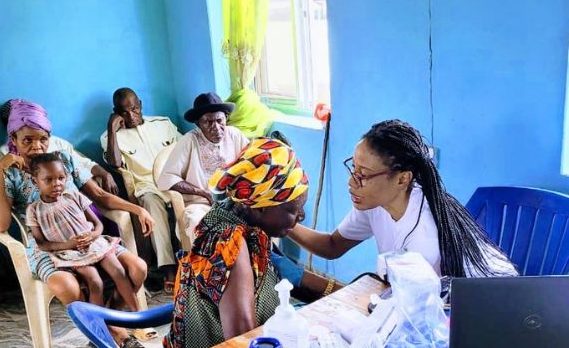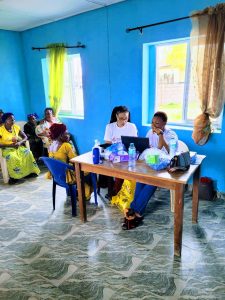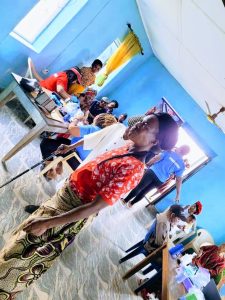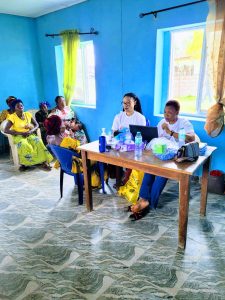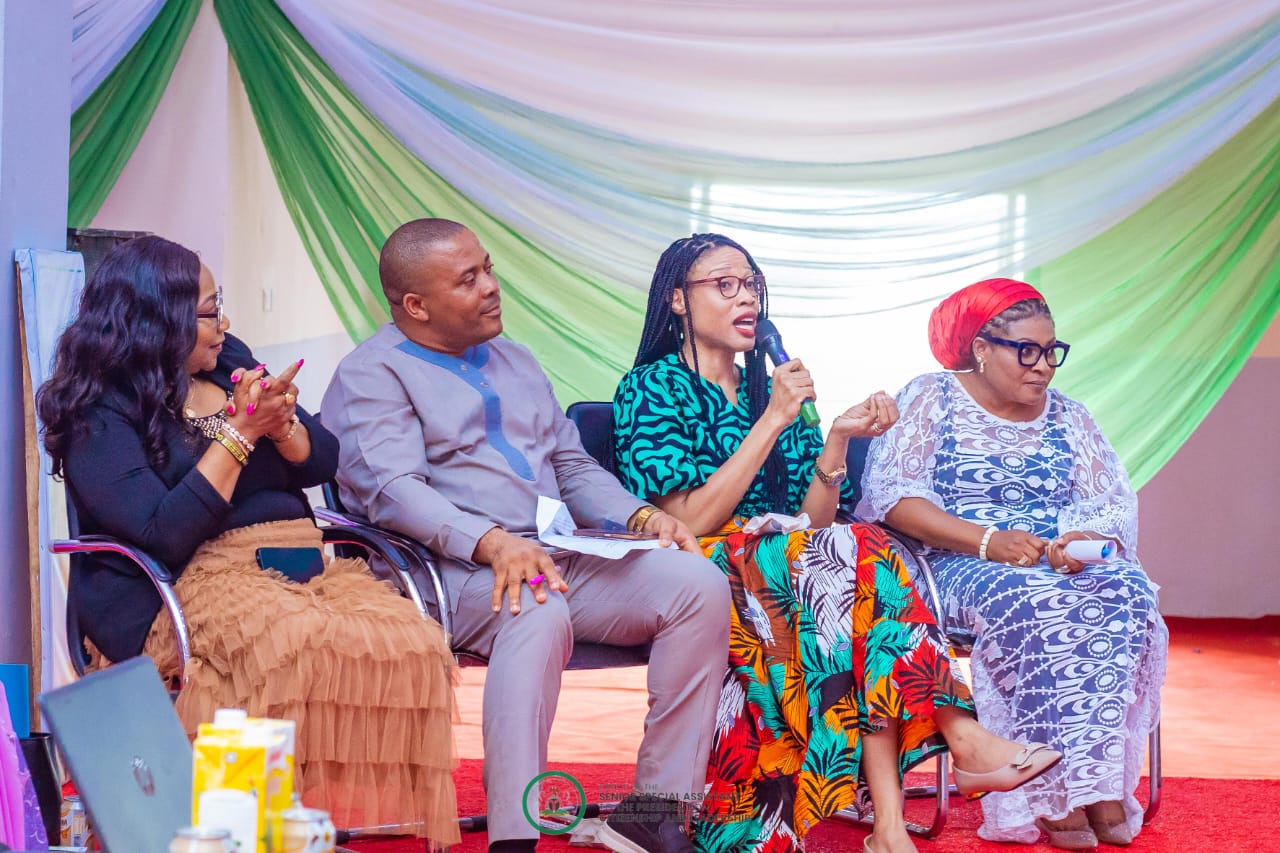As part of our commitment to improving healthcare accessibility and outcomes, Hope Alive Health Care conducted a community health screening program in Ekoli Edda, a village in Ebonyi State. This village is one of 72 in the state, which has a total population of over 3.2 million people. The screening aimed to identify prevalent health issues, raise awareness, and recommend solutions to enhance the overall health of the community.
Key Highlights:
- Location: Ekoli Edda, Ebonyi State
- Participants: Approximately 90 individuals screened
- Gender: Inclusive of both male and female participants
- Age Range: 17 to 100 years
Findings:
The screening revealed critical health concerns within the community, including:
- High Blood Pressure: About 30% of participants exhibited significantly elevated blood pressure readings, pointing to a widespread issue of hypertension.
- High Blood Sugar: Approximately 10% of participants presented with high blood sugar levels, indicating a significant risk for diabetes or prediabetes among the population.
Challenges Identified:
During the program, several challenges were observed that limited the effectiveness of ongoing health interventions:
- Lack of Medications: Limited access to essential medications for chronic conditions such as hypertension and diabetes.
- Nutritional Support Deficiencies: A lack of resources for dietary education and nutritional support for at-risk individuals.
- Inadequate Monitoring Equipment: Insufficient blood pressure monitors, glucometers, and other tools for consistent health monitoring.
Recommendations:
To address these challenges and improve healthcare outcomes, we propose the following:
- Medication Access: Establishing a supply of essential medications to manage hypertension and diabetes effectively.
- Nutritional Counseling Services: Providing resources and education on proper dietary practices, along with nutritional support for individuals at high risk.
- Monitoring Equipment: Equipping the community with adequate tools such as blood pressure monitors and glucometers to facilitate regular health monitoring and follow-ups.
Impact:
This case study underscores the urgent need for targeted healthcare interventions in Ekoli Edda and similar underserved communities. By addressing the identified challenges and implementing our recommendations, we aim to foster sustainable improvements in community health, reduce the prevalence of chronic conditions, and enhance the overall quality of life for residents.
At Hope Alive Health Care, we remain committed to bridging gaps in healthcare access and delivering solutions that make a lasting impact.


